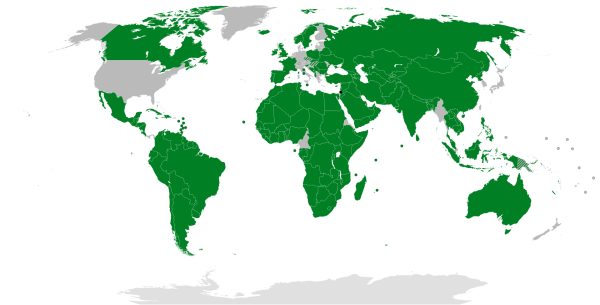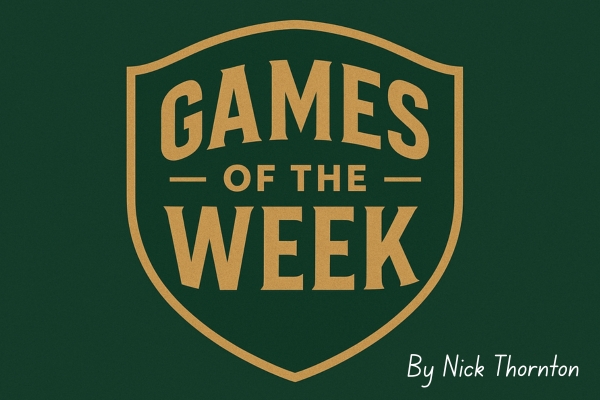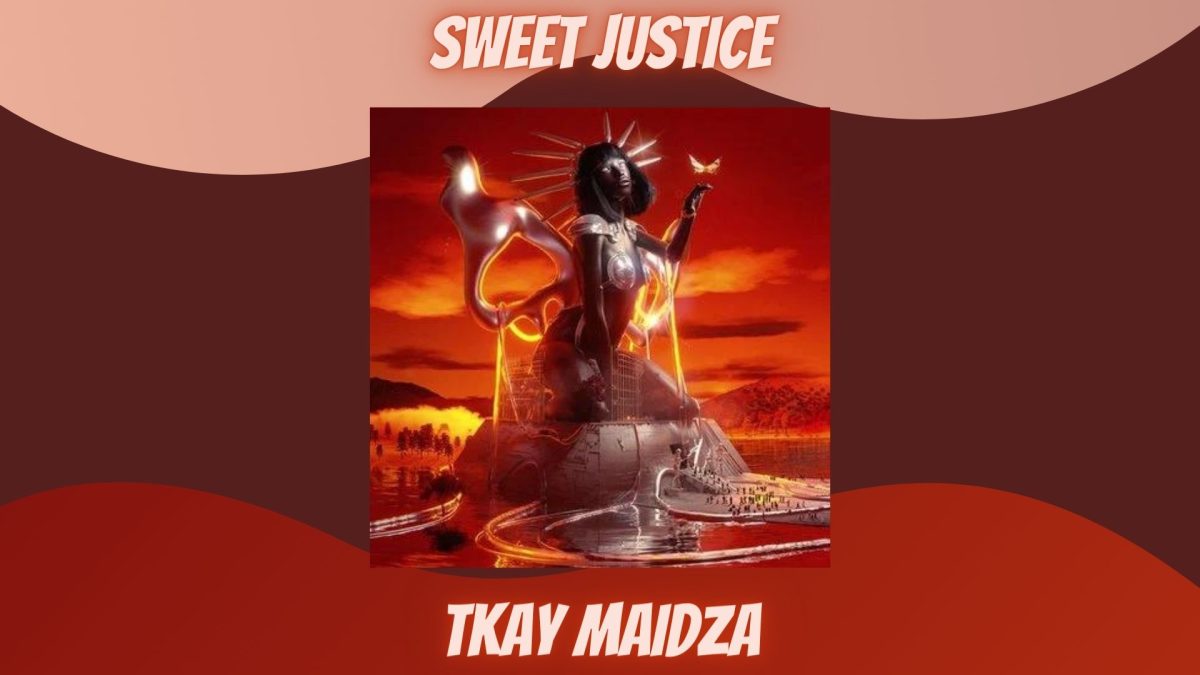The United Kingdom, Australia, and Canada formally recognized a Palestinian state on September 20th, prompting an angry response from Israel, which ruled out the prospect at the UN. British Prime Minister Keir Starmer, who felt pressure to take action on the situation, said the move was “to revive the hope of peace for the Palestinians and Israelis.” He made sure to say it was not to reward Hamas. The moves by the three countries prompted Israeli prime minister, Benjamin Netanyahu to say that the establishment of a Palestinian state “will not happen.” On the other hand, Hamas urged the international community to isolate Israel.
 More countries are expected to recognize Palestine, due to the past two years in which Israel has displaced most Palestinians, killed over 65,000 people, and created a humanitarian crisis in which a famine has ravaged the population.
More countries are expected to recognize Palestine, due to the past two years in which Israel has displaced most Palestinians, killed over 65,000 people, and created a humanitarian crisis in which a famine has ravaged the population.
Burcu Ozcelik, senior research fellow for Middle East Security at London-based Royal United Services Institute stated, “It’s significant for France and the U.K. to recognize Palestine because of the legacy of these two countries involvement in the Middle East, but without the United States coming on board with the idea of a Palestine, I think very little will change on the ground.”
Netanyahu has threatened to annex parts of the West Bank, in response to the recent recognition of a Palestinian state. Such a move would clear the way for Israel to deepen its control over the territory — and escalate tensions with the international community.
However, Hamas called it a “rightful outcome of our people’s struggle, steadfastness, and sacrifices on the path to liberation and return.” Palestinian President Mahmoud Abbas explained how the U.K. announcement is an important step toward lasting peace with a two-state solution.






